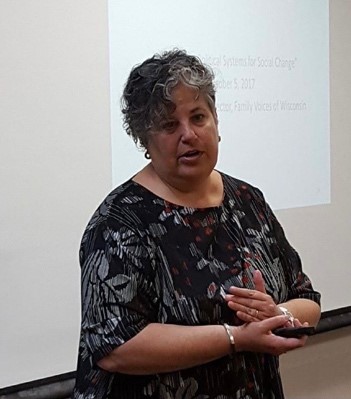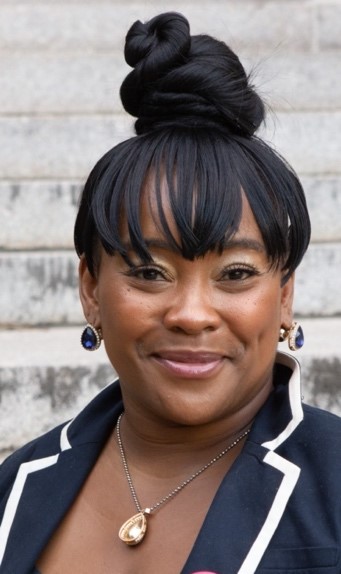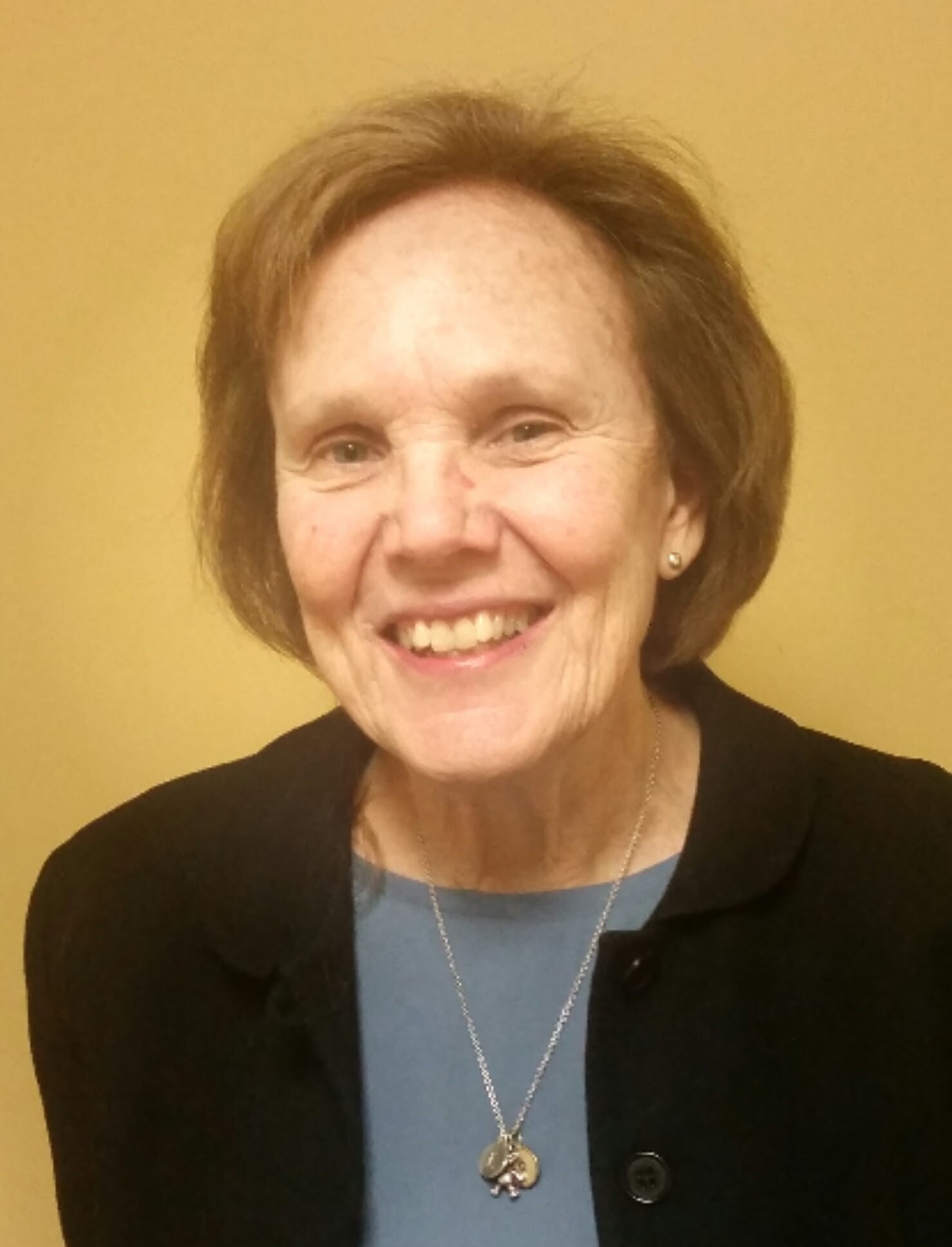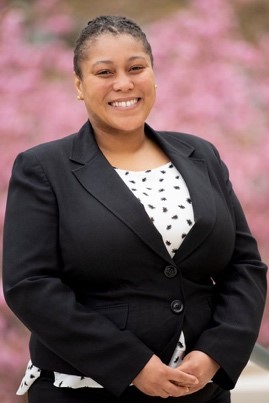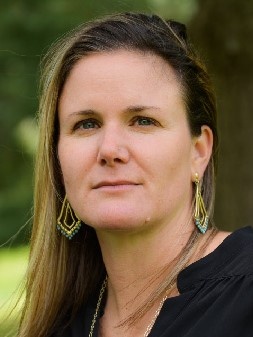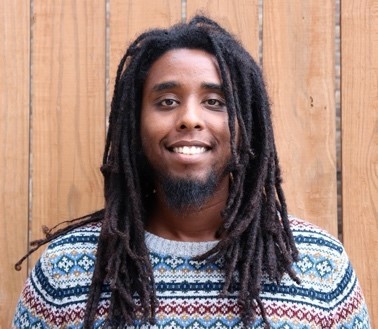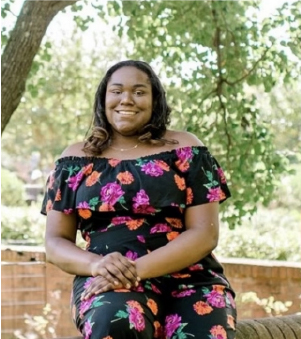New administrator for the Center for Medicaid and CHIP Services
The Trump administration has appointed Mary Mayhew to be the new head of the Center for Medicaid and CHIP Services (CMCS), which is within the Centers for Medicare and Medicaid Services (administered by Seema Verma). Mayhew previously served for seven years as the commissioner of the Maine Department of Health and Human Services under Governor Paul LePage (who is known for refusing to implement the Medicaid expansion approved by voters). As reported in the Portland (Maine) Press Herald, Mayhew significantly cut Medicaid rolls during her tenure and is an opponent of Medicaid expansion. See Mary Mayhew, who opposed Medicaid expansion in Maine, named to head nation’s Medicaid program (Portland Press Herald, 10/16/18).
Trump administration considering ‘different concepts’ regarding transgender rights, with some pushing back internally (Washington Post, 10/24/18) As originally reported by the New York Times, the administration is reportedly considering changes to definitions of sex and gender that would not recognize transgender individuals. See also CDC’s Redfield on Trump’s transgender proposal: Stigma is ‘not in the interest of public health’ (STAT, 10/23/18)
Trump signs sweeping bill aimed at tackling opioid crisis (The Hill, 10/24/18) Earlier this month Congress passed the bipartisan SUPPORT for Patients and Communities Act (H.R. 6). On October 24, the president signed the bill into law.
Report: Agencies blindsided by Trump immigration order (Washington Post, 10/24/18) A report from the nonpartisan congressional Government Accountability Office (GAO), released on October 24 (highlights; full report), found that neither the Department of Health and Human Services (HHS) nor the Department of Homeland Security (DHS) had been informed ahead of time when Attorney General Jeff Sessions released a memo in April to establish a “zero tolerance” policy with respect to immigrants crossing the southern border of the U.S. As a result, HHS and DHS had no plans in place to deal with the children, particularly the younger ones, who needed to be detained temporarily and then referred to the HHS Office of Refugee Resettlement for longer-term placement.
Updated resources: Proposed rule on immigrant “Public Charge” determinations
As reported in earlier Updates, the Department of Homeland Security (DHS) is proposing to change the way in which determinations are made about the likelihood that an immigrant will become a “public charge,” and thus should not be admitted to the US or granted a green card. Advocates fear that the rule would significantly deter people, including children, from accessing programs such as Medicaid and food stamps. An explanation and draft of the proposed rule were published by DHS on September 22, but the proposed rule was not officially published in the Federal Register until October 10. The Department is seeking comments on whether to include CHIP enrollment as part of public-charge determinations, and in general how to treat receipt of public benefits by children. See page 51174 of the October 10 Federal Register. Public comments on the proposed rule will be accepted on Regulations.gov through December 10 at 11:59 pm EST.
For more details, see the September 26 Washington Update, this explanation and FAQ, and:
- NEW Changing Public Charge Immigration Rules: The Potential Impact on Children Who Need Care (California Health Care Foundation, 10/22/18) [Researchers predict that the new rule would cause between 700,000 and 1.7 million children in need of medical attention to lose access to or experience delays in receiving Medicaid or CHIP benefits, including as many as 333,000 kids with at least one life threatening condition.]
- NEW Proposed “Public Charge” Rule Risks Immigrants’ Access to Private Coverage, Too (Blog of the Center for Health Insurance Reform, 10/11/18)
- The Health Impact of The Proposed Public Charge Rules (Health Affairs Blog, 9/27/18)
- Proposed Changes to “Public Charge” Policies for Immigrants: Implications for Health Coverage (Kaiser Family Foundation, 9/24/18)
- Federal Proposal Broadens “Public Charge” Definition for Immigrants: What Are the Implications for States? (National Academy for State Health Policy)
- 5 Things to Know About Trump’s New “Public Charge” Immigration Proposal (Kaiser Health News)
WORTH REPEATING: Family Voices Immigration Toolkit
The Family Voices Immigration Toolkit includes everything families, physicians and other professionals need to know about providing medical information to immigration officials, which may be needed to argue for allowing a child with special health care needs or the child’s parent to stay in the US.



